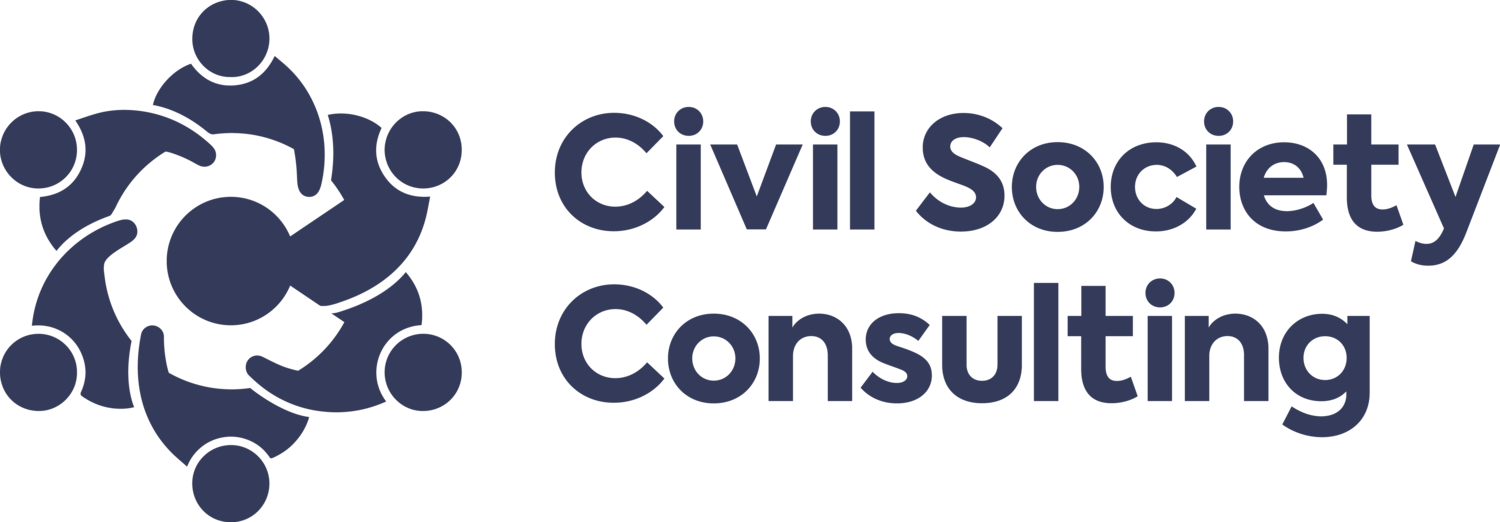Loneliness Learning Programme: Scaling up loneliness interventions on a community level
Loneliness has been called ‘the public health crisis of this generation’, especially since the pandemic. Even as restrictions lift, there’s evidence that it is getting worse. And as well as having complex and profound effects on individuals, loneliness comes at a huge social cost.
Loneliness Learning Programme interactive workbook
In late 2020, Civil Society Consulting was commissioned by The Campaign to End Loneliness (CEL) to design a national learning programme on loneliness to equip community leaders with both theoretical knowledge and the practical measures to tackle loneliness on a community level. Whilst developing the programme, we worked closely with CEL loneliness and policy experts Robin Hewings (Programme Director) and Kalpa Kharicha (Head of Research, Policy and Practice) to ensure the programme was inclusive and accessible, whilst maintaining academic integrity. To accompany the online delivery of the programme, we also developed an editable PDF workbook for each participant to work through.
The Loneliness Learning Programme (LLP) aims to:
Build participants’ understanding of loneliness, drawing on their lived experiences to explore key concepts;
Coach participants to deliver practical projects to prevent and reduce loneliness in their communities; and
Facilitate participants to build partnerships with each other and tackle loneliness in collaboration.
The Pilot
In July 2021, CSC ran a pilot of the LLP over two days – the pilot aimed to test the effectiveness of the programme before expanding its delivery on a wider scale, seeking participants’ experiences, views and feedback to ensure that it is relevant and impactful to people working with diverse communities.
Attended by 14 participants, some were recruited to the pilot directly through our network and others heard about the course through word-of-mouth and social media promotion. Each participant was asked to fill in a pre-course and a post-course questionnaire to form the basis of our evaluation.
Structure of the Loneliness Learning Programme
Loneliness Learning Programme pilot session
Day 1
Session 1 – Introduction to loneliness
Session 2 – Understanding how loneliness is caused and experienced
Day 2
Session 3 – How to tackle loneliness (Promising Approaches Framework)
Session 4 – Planning your next steps
Evaluating the Loneliness Learning Programme
Comparing the pre-course and post-course questionnaires gives us strong evidence for the effectiveness of the learning programme:
100% of respondents said that they would recommend the course to others;
100% said that after taking the course, they feel ready and motivated to plan and/or implement a loneliness intervention in their community; and
89% said that they were likely to use the course content in their everyday work.
Participants also reflected a general increase in their understanding of loneliness, as well as more confidence to tackle and prevent loneliness. To read a more detailed analysis of the findings from the outcome, download the LLP Evaluation Report:
Respondents commented that the training would help their frontline work in the community as well as organisational development. Several mentioned that the theory behind loneliness was valuable, as it complemented the practical experience they had acquired over the years.
Next steps
The pilot was a great success and has demonstrated empirically that the programme empowers individuals to tackle loneliness in their communities, giving us the purpose and confidence to run the programme on a large scale and for a sustained period of time. We are now expanding the pilot to reach more community leaders, in partnership with community and faith-based organisations around the country to ensure that we maintain a diverse set of participants with ‘lived experience’ of the communities they serve.
A new addition will be a series of regional conferences to bring together participants across different iterations of the LLP. These conferences are designed to facilitate peer support, encouraging participants to exchange learning and ideas. They would also facilitate the development of potential local partnerships and collaborations to implement a joint loneliness intervention.
From our experience working with grassroots organisations, and our pilot programme, we’ve learnt that organisations are motivated to develop brand new loneliness initiatives, adapt existing services, and also join up with local partners (either statutory agencies or fellow grassroots organisations) to maximise impact.
“I found the training to be really useful – providing both theoretical and practical measures for tackling loneliness…This is a unique piece of training which was delivered in an incredibly engaging way so thank you for letting me be part of this ”


